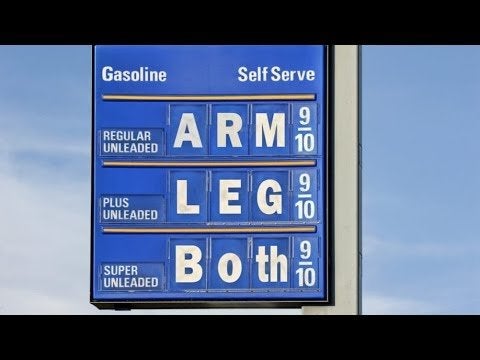Fans of Aaron Sorkin’s classic TV series “The West Wing,” marveled at how realistic some of the strategy sessions seemed. In one episode, the President is being investigated by a special prosecutor for failing to disclose his debilitating disease. Strategists gather in Press Secretary CJ’s office to discuss subpoenas White House staffers have received, and how CJ should handle the bad press. They can’t discredit the prosecutor because he is too well respected on both sides of the aisle. CJ decides they need someone else to lead the investigation, saying, “We need a different enemy.” She proposes impeachment hearings in the House of Representatives!
She explains to the Chief of Staff why an even bigger investigation would solve the image problem. “We need to be investigated by someone perceived by the American people to be irresponsible, untrustworthy, partisan, ambitious, and thirsty for the limelight.” It has become one of the most popular strategies in Washington, diverting attention from any major failing by focusing attention on “a different enemy.”
Last week political observers were treated to a highly-publicized congressional hearing about high gasoline prices, in which Energy and Commerce Committee Chairman Frank Pallone (D-NJ) and members of the Oversight and Investigations Subcommittee blasted oil companies for “ripping off the American people.” The hearing was titled like a non-fiction best-seller, “Gouged at the Gas Station: Big Oil and America’s Pain at the Pump.” Except this was no best-seller. In fact, the hearing was little noticed in the media outside the Washington bubble, so embarrassing was the attempt to redirect public attention from the policies that have led to the highest gas prices in American history.

AAA reports that the previous record for high gas prices in the U.S. was $4.11 per gallon in July, 2008. And while AAA predicted even higher prices by Memorial Day, it happened in March, when the average price reached $4.17. As of today, regular gas is still over $4.00 in 21 states ($3.95 in Colorado), and nearing $6.00 a gallon in California. Clearly, Congress and the Administration need a different enemy. Pallone pompously thundered, “We are here today to demand answers from Big Oil about when they will finally start providing the American people some relief.” He suggested that oil companies purposely “choose to keep production low so that their own profits stay high.”
That is especially rich, coming from Pallone, who has spent 34 years in Congress doing everything he can to require reductions in the production of oil and gas. He has long been an advocate of the Paris Climate Accord, the Obama “clean power plan,” massive subsidies for wind and solar energy, and other policies designed to wean Americans from their dependence on oil. But when supplies decline and prices rise, he and his colleagues disclaim any involvement, or even understanding. Similarly, the Subcommittee Chairwoman, Diana DeGette (D-CO) asked rhetorically, “If the price of gas is driven by the local market, why is the price of oil coming down but the price at the pump is still near record highs?” But of course, the price is not “driven by the local market.” It is driven by global supply and demand, and national and international energy policies.
Congressional and Administration leaders may want to shield themselves from public anger over the surge in pump prices, but it’s hard to have it both ways. Members pressured oil executives to boost production, while still calling for stronger steps to eliminate the use of oil. The Administration has ramped up the regulatory barriers to producing on federal lands, both onshore and offshore. Indeed, one of Biden’s first acts as President was to halt any further oil and gas leases on federal lands. Another was to stop the Keystone pipeline, which would move up to 830,000 barrels of oil a day into American markets, more than offsetting the loss of roughly 672,000 barrels a day the U.S. was importing from Russia before the Ukrainian invasion.
Blocking leasing, access roads, and pipelines, while increasing required environmental studies and delays, is not a means for increasing production or keeping prices low. The government’s existing five-year offshore leasing plan is set to expire in June, and the Administration has not committed to extending it. Some lawmakers are opposing extension – including some of those now demanding answers from oil companies about high prices – despite the fact that extending it would boost domestic energy supplies and reduce America’s dependence on foreign energy sources. No wonder they want voters to focus on a different enemy.




Comments on this entry are closed.